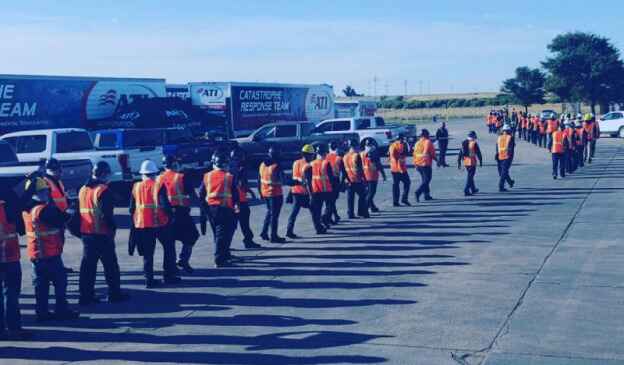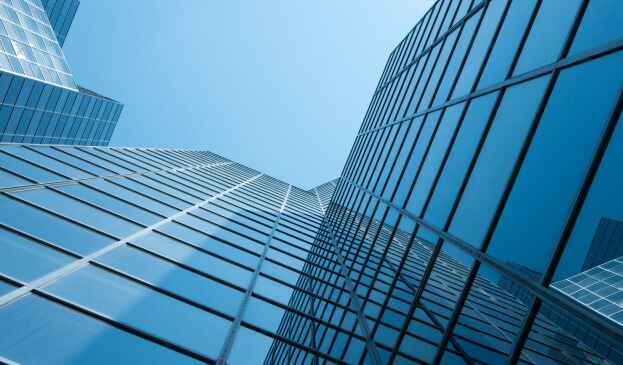PCB remediation is the process of removing polychlorinated biphenyls from a property, disposing of the waste in accordance with EPA regulations, and performing necessary cleaning and restoration activities. Each project is unique, requiring an individualized strategy.
In the United States, PCBs were manufactured from 1929 until domestic production was banned in 1979. Over these 50 years, an estimated 1.5 billion pounds of polychlorinated biphenyls were used for a wide range of industrial applications.
PCBs were commonly used in:
- Electrical components such as transformers, capacitors, and voltage regulators
- Fluorescent light ballasts
- Caulking, sealants, and adhesives
- Insulation for electrical cables
- Acoustic floor and ceiling tiles
- Paints, dyes, and pigments
- Industrial oils, lubricants, and other fluids
The problem with PCBs is that they remain in the environment for a long period of time. Issues such as improper disposal have caused widespread PCB contamination in areas across the United States.
Property owners are advised to check for manufactured PCB products before performing major renovations or demolishing structures on the property. This is especially true for properties built from 1929–1979, when PCB production was at its height.
PCB remediation can be highly complex. It should only be performed by companies with specialized capabilities, equipment, and training.
Read More...
Why Are PCBs Dangerous?
Polychlorinated biphenyls are toxic to humans. Long-term exposure puts people at risk for a variety of health issues, including:
- Liver damage
- Suppression of the immune system, reducing the body’s ability to fight infections
- Hormone disruption
- Decreased fertility and other reproductive issues
- Neurological deficits and developmental delays in children
Cancer risk is another major concern. PCB has been identified as a probable human carcinogen, with research suggesting a connection between PCB exposure and an increased risk of non-Hodgkin’s lymphoma and cancers of the liver.

